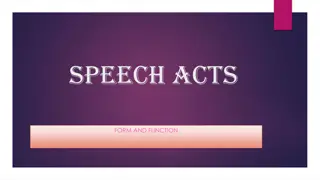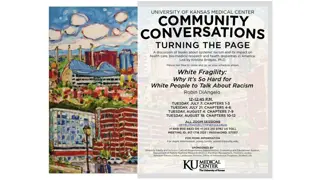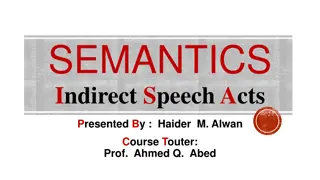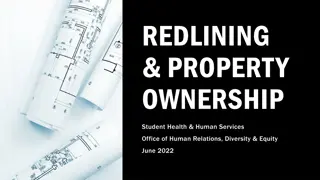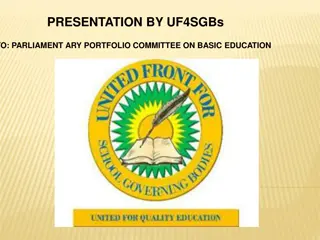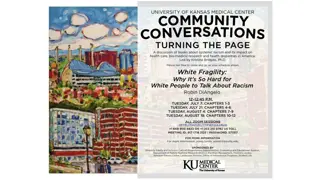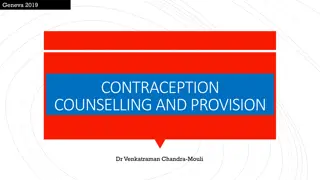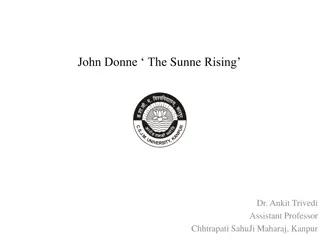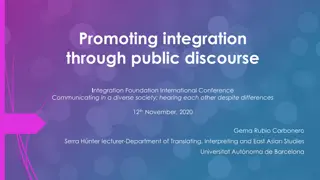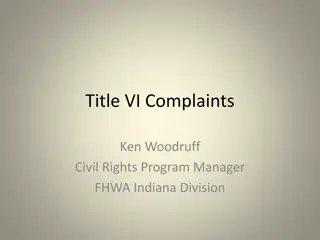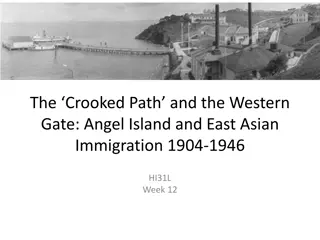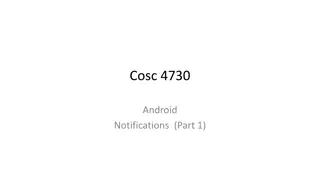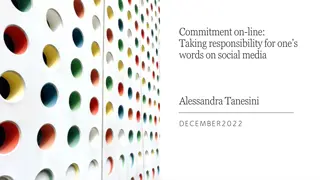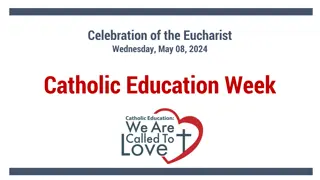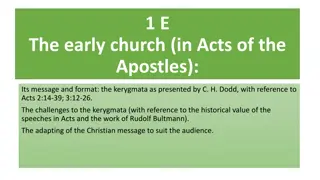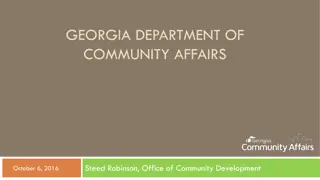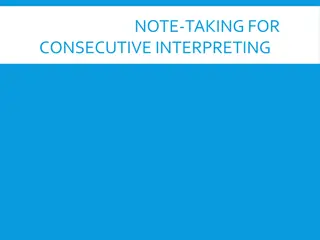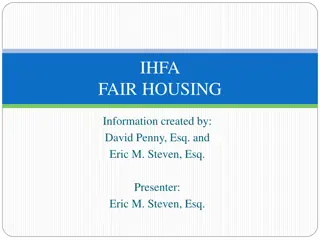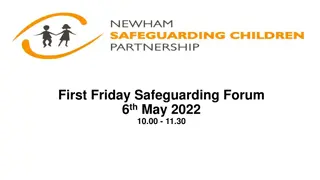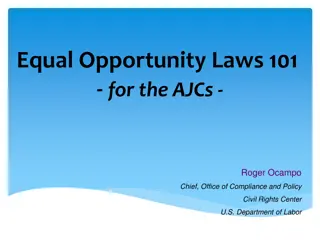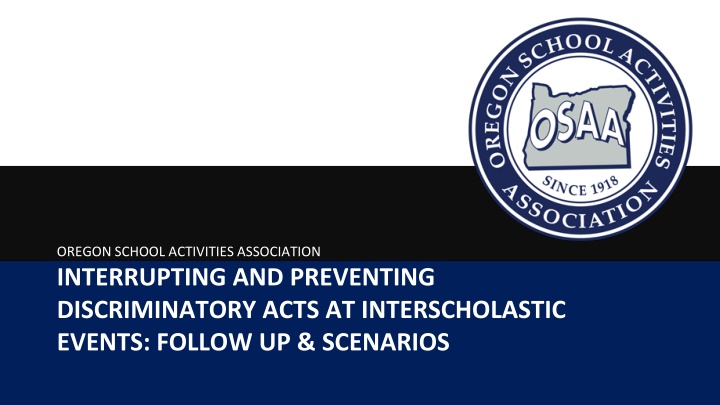
Preventing Discriminatory Acts at Interscholastic Events in Oregon
Discover how the Oregon School Activities Association is addressing discriminatory acts at interscholastic events, common complaints received, incident reports, anti-discrimination laws, and the enforcement process. Learn about the focus of House Bill 3409 and how complaints are handled by OSAA. Explore the steps taken to ensure a safe and inclusive environment for all participants and spectators.
Download Presentation

Please find below an Image/Link to download the presentation.
The content on the website is provided AS IS for your information and personal use only. It may not be sold, licensed, or shared on other websites without obtaining consent from the author. If you encounter any issues during the download, it is possible that the publisher has removed the file from their server.
You are allowed to download the files provided on this website for personal or commercial use, subject to the condition that they are used lawfully. All files are the property of their respective owners.
The content on the website is provided AS IS for your information and personal use only. It may not be sold, licensed, or shared on other websites without obtaining consent from the author.
E N D
Presentation Transcript
OREGON SCHOOL ACTIVITIES ASSOCIATION INTERRUPTING AND PREVENTING DISCRIMINATORY ACTS AT INTERSCHOLASTIC EVENTS: FOLLOW UP & SCENARIOS
Complaint Form Data 71% of complaints received during Football: 30% Soccer: 20% Basketball 21% Nature of complaints: Discriminatory Act/Discriminatory Harassment Unsportsmanlike behaviors Submitted against: Student sections Coaches Athletes/Participants Administrators/Athletic Directors Spectators
Common Reports Use of racial slur during competition Often times reported to coach or official Spectator/Student section harassing athletes during game Discriminatory language used Spectator interactions before/after event occurs Online Student Section Theme night events
Oregon Incidents www.osaa.org
FOCUS OF HOUSE BILL 3409 HB 3409: (A) Implements policies that address the use of derogatory or inappropriate names, insults, verbal assaults, profanity or ridicule that occurs at an interscholastic activity, including by spectators of the interscholastic activity. OSAA and member schools are focused on finding ways to better the experience of all participants and spectators at OSAA sanctioned events. www.osaa.org
Complaint Response Process OSAA sends notification email to each school s superintendent, principal, athletic director (and district athletic director, if applicable) notifying all parties that the complaint is being reviewed and will need to be investigated by the schools. Schoolsproceed with theirinvestigativeprocesswiththe partiesinvolved from theirschoolcommunity. As the investigation takes place, the school administrators communicate with the other school(s) involved as well as any of their school community members. OSAA reviews responses and actions and determines whether further investigation is warranted (i.e. officials association, etc.) or if further actions or resources are needed to support the school s follow through. This may include the services of a third-party investigator. OSAA communicates with both schools as needed to finalize current and future steps. OSAA also communicates with complainant about the final follow through of the schools and/or OSAA.
OSAA INTERRUPTING AND PREVENTING DISCRIMINATORY ACTS TRAINING Prevention Strategies: OSAA Rule 3 and Non-Discrimination Policy Overview S.T.A.R.Initiative Expectations and Strategies Response During an Interscholastic Event: Immediate Event Incident Response When Seen/Heard By Officials When Reported To Officials When Heard/Seen or Reported to Event Management www.osaa.org
S.T.A.R. INITIATIVE S.T.A.R. Mission Statement: To create a safe, welcoming and validating environment in Oregon schools by specifically disrupting racism and combating discrimination, so EVERY student can thrive as they are. www.osaa.org
S.T.A.R. SCHOOL PROGRAM Event Management Signage Pre-event communication Monitor student sections Interrupt acts of discriminatory harassment Public address Modeling good sportsmanship Requiring it of participants and fans Incident response protocol www.osaa.org
Role of the Game Administration/Event Managers When discriminatory harassing behavior is reported to an event staff or administrator by a student or coach: Alert officials. Have officials, stop the game, immediately bring both coaches together to discuss what was reported. Explain to both coaches what behaviors were reported and that any such behavior will not be allowed to continue, and consequences will occur if reported again, including potential postponement of the game. Return coaches to their students to explain what was reported and the consequences that will be applied if the behaviors continue. Game administrator shall remain present and vigilant regarding other concerns that come up during the event.
Role of the Official When discriminatory harassing behavior is heard or seen by an official: Apply NFHS rule as it should be enforced resulting in the appropriate penalty, which may include ejection from the contest. (below) Speak with both coaches immediately regarding the incident that occurred and ensure that coaches address their teams on expected behaviors for the remainder of the competition. Officials immediately alert event management of what has occurred so event management can follow through with the school(s) involved.
Role of the Official When discriminatory harassing behavior is reported to an official by a student or coach: Stop the game, immediately bring both coaches together to discuss what was reported. Explain to both coaches what behaviors were reported and that any such behavior will not be allowed to continue, and consequences will occur if reported again, including potential postponement of the game. Return coaches to their students to explain what was reported and the consequences that will be applied if the behaviors continue. Officials immediately alert event management of what has been reported so event management can follow through with the school(s) involved.
Scenario 1 My team was waiting at the pool for the opposing team to enter. The team emerged from the locker room with kickboards. The athletes all were banging clipboards and were extremely loud. The athletes surrounded the pool and made mocking native American chant type sounds while banging the kickboards on their hands to make it sounds like a drum in a drum circle. My team was shocked and surprised by this racist culturally appropriative behavior. This behavior endured for three minutes.
Scenario 2 During a highly emotional game for both teams, an athlete on the field reported the use of the N-word against him to the coaches. Two other players followed and said they had heard a student on the opposing team call our athlete the N-Word. The coaches did not feel comfortable reporting it to officials at that time as it was the last possession. Our administration interviewed our student who was called the N-word and the other two players that heard the incident. All of them reported directly hearing the opposing player say the N-word. After the game while shaking hands, the head coach from the opposing team apologized to both my athletes and said he would take care of it.
Scenario #3 Throughout the game student body / spectators of the host school made monkey noises and other animal sounds when any of the opposing school s students of color went back to serve. At no point during the game management, officials or coaches intervene. Students from the visiting schools left the facility crying and clearly upset. The coach from the opposing team also appeared to be upset when leaving the facility.
Best Practices for Interscholastic Events Purposeful Planning for OSAA Events Memo Contains OSAA information as schools prepare for league/state playoffs, it is important that host schools remember that there should be intentional efforts made to communicate with visiting schools in advance of a contest in order to provide a welcoming environment for visiting participants and spectators. Code of Conduct Oregon Department of Education: Guidance on Discriminatory Harassment and Bullying in Student Activities and Athletics OASC examples for Spirit Dress Up Days/Nights OASC resource regarding ways schools and administrators can help promote the value of student activities OSAA Event Management Suggestions
QUESTIONS Contact Information: OSAA Executive Director, Peter Weber: peterw@osaa.org OSAA Asst. Executive Director, Monica Maxwell: monicam@osaa.org


